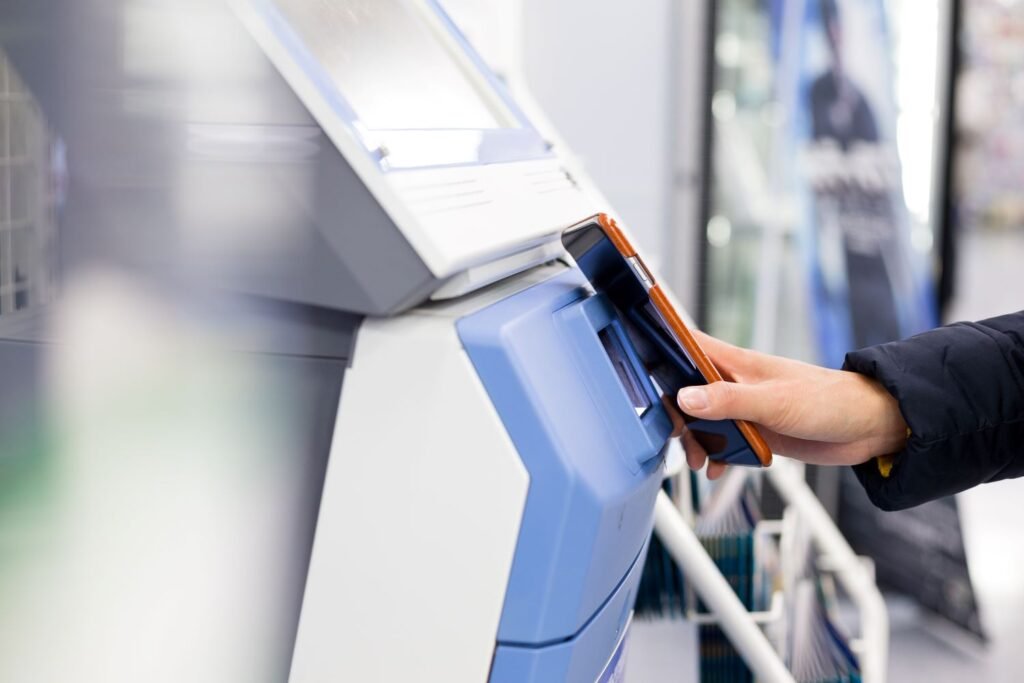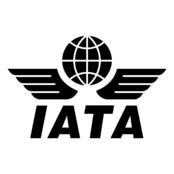Running a travel agency involves managing a wide range of financial transactions, from booking payments and supplier invoices to commission tracking and refunds. Keeping up with these manually can be overwhelming, time-consuming, and prone to errors. Without an efficient financial system in place, agencies risk mismanaging cash flow, delaying payments, and struggling with compliance issues.
Automation can transform the way travel agencies handle their finances, helping them save time, reduce human errors, and gain real-time insights into their financial health. With the right tools, agencies can streamline tasks such as invoicing, expense tracking, tax calculations, and multi-currency transactions—allowing business owners to focus on growing their operations rather than getting stuck in financial paperwork.
In this guide, we’ll explore the key financial processes that can be automated, the best accounting software for travel agencies, and practical steps to implement automation in your business. Whether you’re a small independent travel agent or a large tour operator, automating your finances can lead to greater efficiency, cost savings, and improved decision-making. Let’s dive in!
Investing in accounting software like QuickBooks, Xero, or FreshBooks can significantly simplify financial management for travel agencies. These tools automate critical financial processes such as invoicing, expense tracking, tax calculations, and financial reporting, reducing the need for manual data entry and minimizing errors.
Accounting software allows travel agencies to generate professional invoices instantly, set up recurring billing for repeat clients, and send automated payment reminders. This ensures timely payments from customers and minimizes delays in cash flow. Many platforms also integrate with multiple payment gateways like Stripe, PayPal, and Square, enabling smooth and secure transactions.
By linking accounting software to bank accounts and credit cards, travel agencies can automatically categorize and track expenses in real time. This helps in managing operational costs, identifying unnecessary expenditures, and staying within budget.
Integrating payment gateways such as Stripe, PayPal, or Square into a travel agency’s accounting system streamlines financial transactions, making it easier to receive payments from clients and send payments to suppliers. These gateways provide a secure, fast, and flexible way to process transactions, supporting multiple payment methods, including credit/debit cards, bank transfers, and digital wallets.
For travel agencies that handle bookings across different countries, multi-currency support ensures that clients can pay in their preferred currency while the agency receives funds in its base currency. This eliminates currency conversion confusion and helps maintain accurate financial records. Additionally, integrating payment gateways with accounting software allows for automatic reconciliation, reducing manual data entry and ensuring that all payments are properly recorded.
Expense management software is a game-changer for travel agencies, helping to automate financial tracking and eliminate tedious manual data entry. By linking directly with company credit cards, bank accounts, and digital wallets, these tools categorize and track expenses in real-time, providing business owners with a clear and accurate financial picture.
Once integrated with a travel agency’s financial accounts, expense management software automatically imports transactions, categorizing them into predefined expense types such as accommodation costs, airline bookings, client refunds, and operational expenses. This automation reduces human error and ensures that every transaction is recorded properly.
For example, if an agency books a hotel stay for a client using a company credit card, the expense software will immediately detect and classify the transaction under “Client Travel Expenses,” ensuring the agency’s financial reports remain up to date.
In the fast-paced travel industry, having real-time financial insights is essential for making informed decisions and maintaining profitability. Automated reporting tools provide travel agencies with instant access to key financial metrics such as revenue, expenses, profit margins, and cash flow. By eliminating the need for manual report generation, these tools help agencies save time, reduce errors, and stay proactive in managing their finances.
Modern accounting and reporting software, such as QuickBooks, Xero, and FreshBooks, pull financial data from multiple sources—bank accounts, booking platforms, expense management tools, and payment gateways—to create accurate, up-to-date reports.
By leveraging automated financial reporting, travel agencies can gain valuable business insights, improve cash flow management, and make strategic decisions with confidence.










